detail profile faniswa yisa
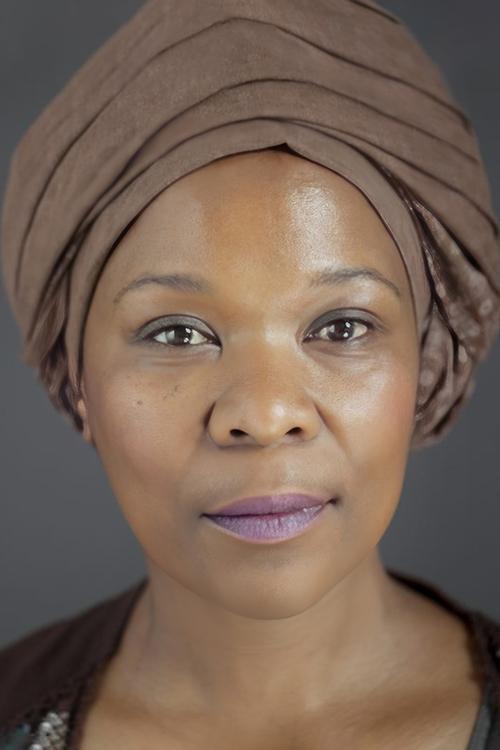
Info Pribadi
Peran Yang Di Mainkan Faniswa Yisa
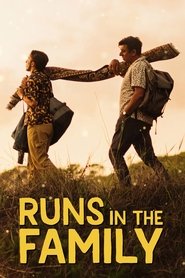 In this witty fatherson story we...
In this witty fatherson story we...Runs in the Family 2023
In this witty father-son story, we are introduced to Varun, a former scammer, and River, a trans drag performer, as they venture on a road trip across South Africa to rescue River's long-lost mother from a rehab clinic in eSwatini. River’s only worry is missing Her Majesty’s Drag Competition and the opportunity to win the prize money to pay for his top surgery. With secrets bubbling to the surface and a competition to win, their relationship will be tested like never before.
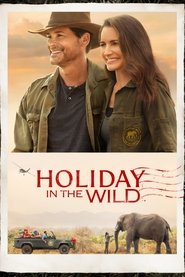 When her husband abruptly ends their...
When her husband abruptly ends their...Holiday in the Wild 2019
When her husband abruptly ends their marriage, empty nester Kate embarks on a solo second honeymoon in Africa, finding purpose and potential romance.
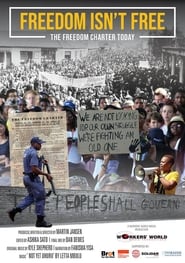 Since its adoption in June 1955 by...
Since its adoption in June 1955 by...Freedom Isn't Free — The Freedom Charter Today 2018
Since its adoption in June 1955 by the Congress movement, the Freedom Charter has been the key political document that acted as a beacon and source of inspiration in the liberation struggle against Apartheid. It was reputedly the main source that informed democratic South Africa’s liberal constitution and a constant reference point for the ruling African National Congress (ANC) and rival political parties that it spawned since 1994, all claiming the Freedom Charter’s legacy. Freedom Isn’t Free assesses the history and role of the charter, especially in relation to key political and socio-economic aspects of developments in South Africa up to the present period. It includes rare archival footage with interviews of a cross-section of outspoken influential South Africans.
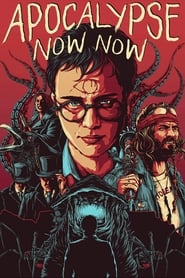 Snarky monsterporndealing teen Baxter Zevcenko might...
Snarky monsterporndealing teen Baxter Zevcenko might...Apocalypse Now Now 2017
Snarky, monster-porn-dealing teen, Baxter Zevcenko, might be a serial killer. His girlfriend, Esme, is missing, and he’s the prime suspect. To clear his name, he’ll turn to Cape Town’s grizzliest, drunkest bounty hunter, Jackson ‘Jackie’ Ronin. Little does he know that Ronin is a supernatural bounty-hunter, and that he’s about to be dragged headlong into a deep, dark Cape Town underbelly full of monsters and myth, shadowy government forces, bloodthirsty crow-men and a conspiracy across time and space.
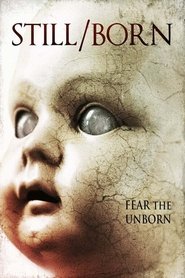 Thousands of years in the future...
Thousands of years in the future...Still Born 2017
Thousands of years in the future, a laborer whose job is to recover artifacts of the past tries to free herself from a dystopian caste system.
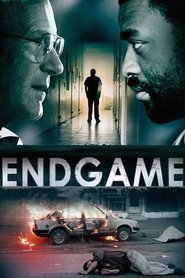 The time is the late 80s...
The time is the late 80s...Endgame 2009
The time is the late '80s, a crucial period in the history of South Africa. President P.W. Botha is hanging on to power by a thread as the African National Congress (ANC) takes up arms against apartheid and the country tumbles toward insurrection. A British mining concern is convinced that their interests would be better served in a stable South Africa and they quietly dispatch Michael Young, their head of public affairs, to open an unofficial dialogue between the bitter rivals. Assembling a reluctant yet brilliant team to pave the way to reconciliation by confronting obstacles that initially seem insurmountable, Young places his trust in ANC leader Thabo Mbeki and Afrikaner philosophy professor Willie Esterhuyse. It is their empathy that will ultimately serve as the catalyst for change by proving more powerful than the terrorist bombs that threaten to disrupt the peaceful dialogue.
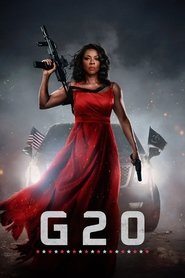 After the G20 Summit is overtaken...
After the G20 Summit is overtaken...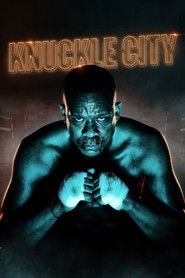 An aging womanizing professional boxer and...
An aging womanizing professional boxer and...